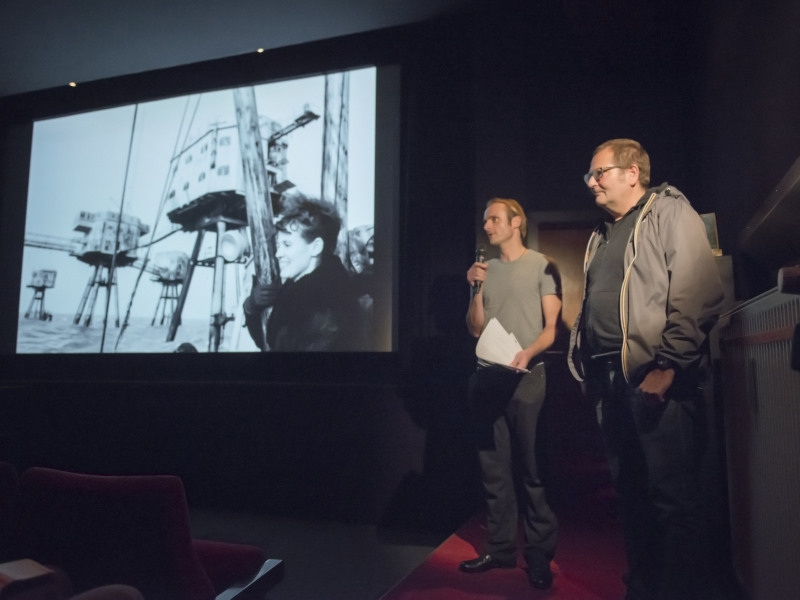When Walter Klingenbeck was executed in 1943 in Munich-Stadelheim for high treason, the life of one of Germany’s first radio activists came to an abrupt end. Even after World War II illegal radio stations were part of the media culture of both East and West Germany. Among radio and pop culture historians there is now much enthusiasm for pirate stations that broadcast from international locations in order to avoid licensing fees and taxes. Their DJs provided the rising music industry with the necessary element of radical chic. What has been forgotten is that many political radio activists were technicians or engineers whose stations didn’t quite work. Or they had almost no listeners. What motivated them and where did the belief come from that they could change the world without a target group? Did with their great devotion, early radio activists define the conviction that now permeates the digital online world: that freedom can be achieved through technology? Originally produced for Bavaria Radio’s Nachtstudio in 2013, the 50-minute radio essay Von der Schönheit der Radiowellen: Über Radioaktivisten und ihren Anspruch auf den Äther [The Beauty of Radio Waves] (writer/director: Ralf Homann, editor: Barbara Schäfer, sound technician: Siglinde Hermann) will be presented and performed for the first time in a cinema by Homann himself. The performance will include excerpts from the film comedy Piratensender Powerplay starring Mike Krüger and Thomas Gottschalk (1982) and Krsto Papić’s documentary Nek se čuje i naš glas [Let Our Voices be Heard Too] (1971).
The Beauty of Radio Waves

Florian Wüst und Ralf Homann
© Marcus-Andreas Mohr
Ralf Homann
Kuratiert von / curated by Florian Wüst
